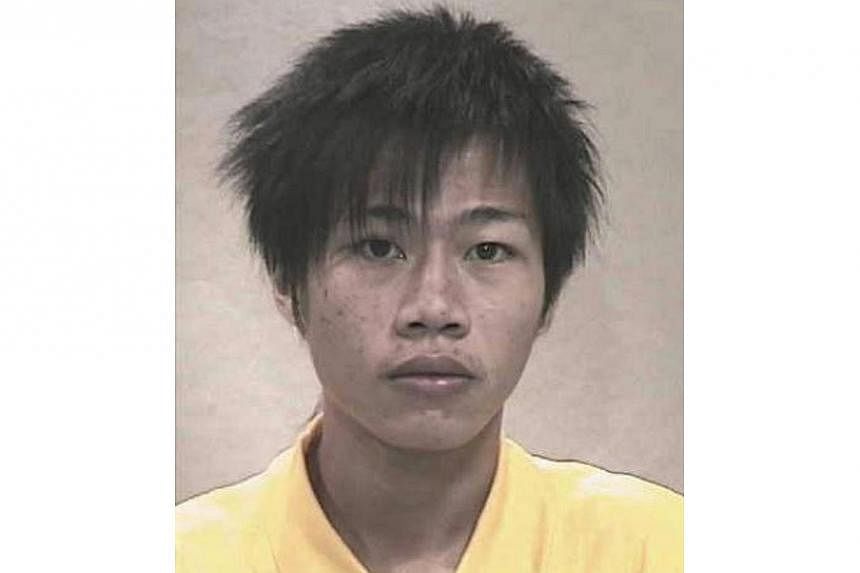SINGAPORE - Caning of convicted prisoners is constitutional, the Court of Appeal ruled on Wednesday, dismissing a challenge by Malaysian drug trafficker Yong Vui Kong against the legality of the punishment.
The decision by the three-judge court is the latest chapter in the long-running case of 26-year-old Yong, who had made several bids to quash his original death sentence for trafficking 47g of heroin in 2008.
In November 2013, Yong's death sentence was commuted to a life term and 15 strokes of the cane, making him the first drug trafficker to be spared the death penalty under new laws giving judges wider sentencing discretion.
Last year, he appealed to quash his caning sentence. His lawyer M Ravi argued that caning violated the Constitution as it was discriminatory and that it amounted to torture, which is prohibited by international law and common law.
On Wednesday, the appeal court, after examining cases from Europe, Africa and elsewhere, held that caning as administered in Singapore does not amount to torture.
Chief Justice Sundaresh Menon, delivering the court's decision, said that even though international law prohibits torture, international law and domestic law are two separate legal systems.
A domestic court cannot strike down a piece of domestic legislation by reason alone of its incompatibility with international law, he said. In the same way, a state cannot rely on domestic legislation to justify a breach of its international obligations.
The court also disagreed with the argument that torture is unconstitutional because there is a common law prohibition on torture.
The prohibition applies only to the torture of suspects or witnesses for the purpose of extracting evidence and confessions and does not cover the treatment of criminals after they are found guilty of their crimes, said CJ Menon.
Mr Ravi, who is suspended from practising law but was in court to observe the delivery of the judgment, said in his capacity as a human rights activist that the ruling has "put us back to the Middle Ages".


